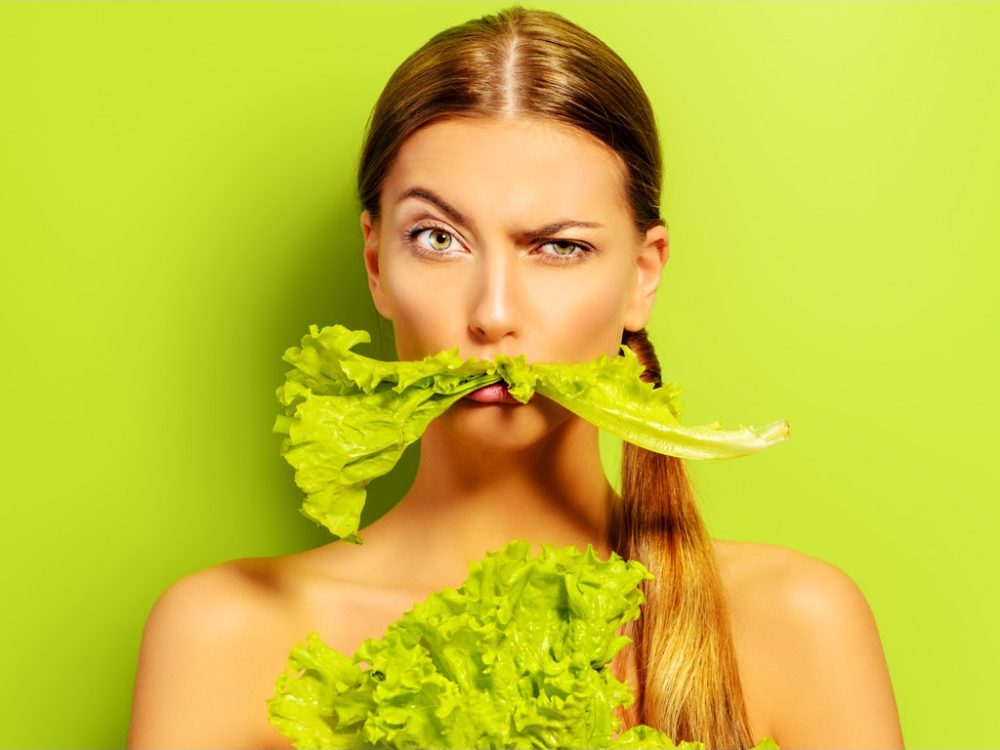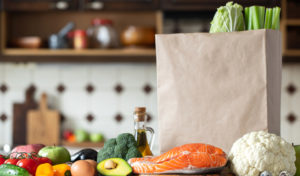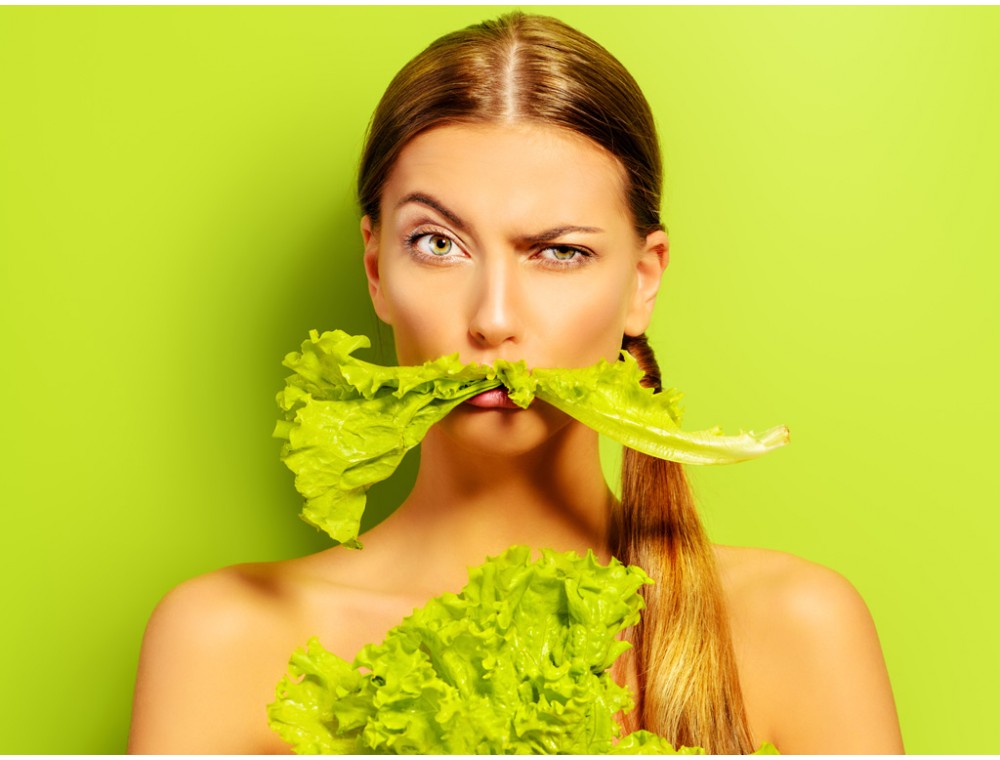

Before getting into the topic, I want to explain to you that anxiety is nothing more than a change in our state of mind, which can manifest itself through constant bad mood, feelings of fear, negativity, fatigue, insecurity, or nervousness. … All are symptoms that may or may not be accompanied by other signs such as insomnia or palpitations.
Very often, we do not detect this anxiety, and as a result, episodes in which we do uncontrolled eating, commonly known as overeating or overeating with anxiety, occur. These episodes, if punctual, shouldn’t bother us, but if they become a habit, they usually cause a lot of discomfort, guilt and even shame, dirty feelings, negative feelings towards us … what if they don’t stop, what will be that we are entering a vicious circle of worry-food-worry … from which we will be difficult to get out and from which self-esteem will be most affected.
To curb this type of behavior that can affect both men, women, children, athletes, … the first thing we need to do is detect it, acknowledge that we are experiencing them, and then reach out to professionals who can help us. To stop this anxiety, it is advisable to see two professionals who are in contact and can follow the same message of encouragement and nutrition, these professionals are an eating disorder (eating disorder) psychologist and a nutritionist.
- A psychologist can help us manage our emotions and understand why we have these episodes of anxiety. Once we understand the reasons, we can deal with these episodes of anxiety and reduce their intensity.
- I also advise you to consult a dietitian or nutritionist who will give us advice on choosing your eating habits. These guidelines will not be overnight and will help us progressively progress in managing our senses through food. Guided by the recommendations of both experts, we will gradually have a healthy relationship with food.
After I have recommended that you see two specialists, my recommendations for nutrition:
Eat slowly. If you’re stressed from work or a hard day, take a few deep breaths before sitting down to eat and listen to relaxing music for a few minutes. This way, you will reduce your anxiety and eat more relaxed while enjoying the moment.
It is important to leave your cutlery on the table after each bite. It’s important that you chew slowly and focus on your food, leaving the worries of the day aside. Do not watch TV while you are eating, as this will allow you to focus on the meal process, enjoy more flavors, and finally, if possible, be accompanied.
It is recommended that you establish a regular meal schedule and have a menu dedicated to the week. If you know you will be home late, leave the bunker ready and stick to what you have prepared for your meal.
Another tip, although overeating is not always accompanied by unhealthy food, so I recommend not storing high-calorie, low-nutrient foods at home: muffins, chocolate, potatoes, … instead, I recommend preparing healthy snacks like carrots, radishes , pickled cucumbers, fruits, yoghurts …
Another tip I can give you is that when this anxiety occurs, take action that is incompatible with consumption. Some very good recommendations are to take a shower, bathe in hot water, listen to music, go out and play sports …

I also recommend learning relaxation and breathing techniques such as yoga or Pilates. These exercises can help you disconnect and relax in times of anxiety.
If you have a drink, avoid guilt. Don’t feel bad, get dirty, or look down on yourself. Remember that tomorrow is another day and you can get a little stronger to avoid them. Finally, after they have occurred, do not set limits to compensate for binge, for example, skipping food or eating very little, because this way you pave the way for another overeating at the next meal.

